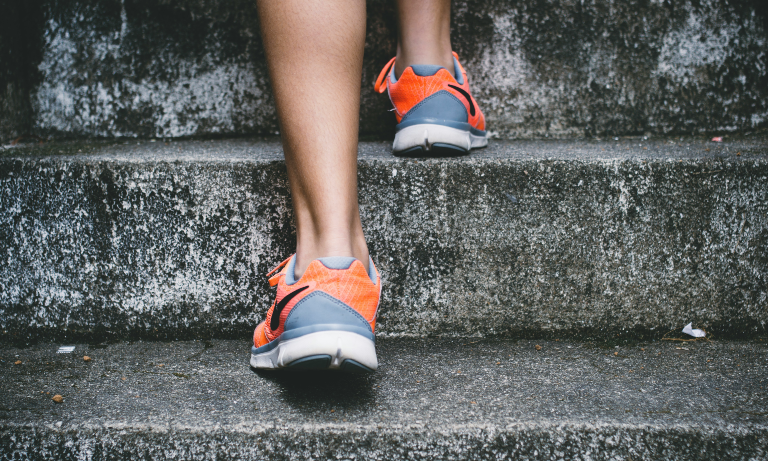Standing up for the veterinary profession
08 Aug 2024
Physical activity has many benefits for your body and your mind. Bupa lead physician Dr David Baines shares why exercise is important and how staying active can help your mental health.

Can physical activity improve your mental health?
Physical activity increases the levels of endorphins in your body, which help make you feel good. Endorphins can also help reduce pain and improve your mood.
Physical activity can also increase your confidence and self-esteem. When you’ve been to the gym or an exercise class, you’ll often find yourself feeling pleased with what you’ve accomplished. By distracting you from any thoughts and worries, exercise can give you a break from daily stresses and provide something else to focus on. Evidence shows that exercise could also be an effective treatment for depression. There are lots of other benefits that can help you to feel better, including:
These examples show just how important physical activity is for looking after your physical and mental health.
What are the health benefits of exercise?
Being physically active helps to keep your heart strong and your lungs healthy. Even better, it reduces your chance of developing a long-term health condition. Exercising regularly:
What kind of exercise should I do?
Whatever your stage of life, there are plenty of different activities to try. Being active doesn’t have to mean going to the gym, heading out for a run, or playing a sport. It can be as simple as taking a brisk walk to and from work instead of getting in the car. What’s important is to sit less and move more, whatever that activity is. Any activity is better than none, but the more you can do, the better.
The UK guidelines on physical activity recommend three areas to focus on:
How much physical activity should I do?
All adults should aim to do at least 150 minutes of moderate intensity activity, or 75 minutes of vigorous intensity activity, each week. You can do this in short blocks of time, such as 10 or 15 minutes at a time. You can also mix up the intensities and do some moderate and some vigorous exercise.
You should do strengthening exercises at least twice a week. Older adults should also do activities that help with balance, such as tai chi or dancing, twice a week. There are also low-impact activities, such as gardening and water aerobics, which put less stress on your joints and reduce your risk of injury.
If you don’t currently do any physical activity, or haven’t done for a while, it needn’t take much effort to get started. After all, doing some physical activity is better than doing none. Even doing a little more exercise than usual can help reduce your risk of some long-term health conditions.
Whether you’re just starting or have always been active, it’s a good idea to take steps to stay injury-free. Take things gradually to start with and build up from there. It’s also important to eat the right foods to provide the fuel you need to be active, and to drink enough water to keep you hydrated.
Get tailored news in your inbox and online, plus access to our journals, resources and support services, join the BVA.
Join Us Today